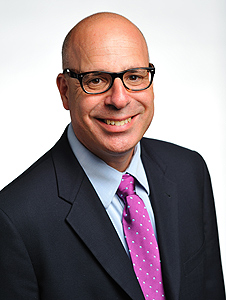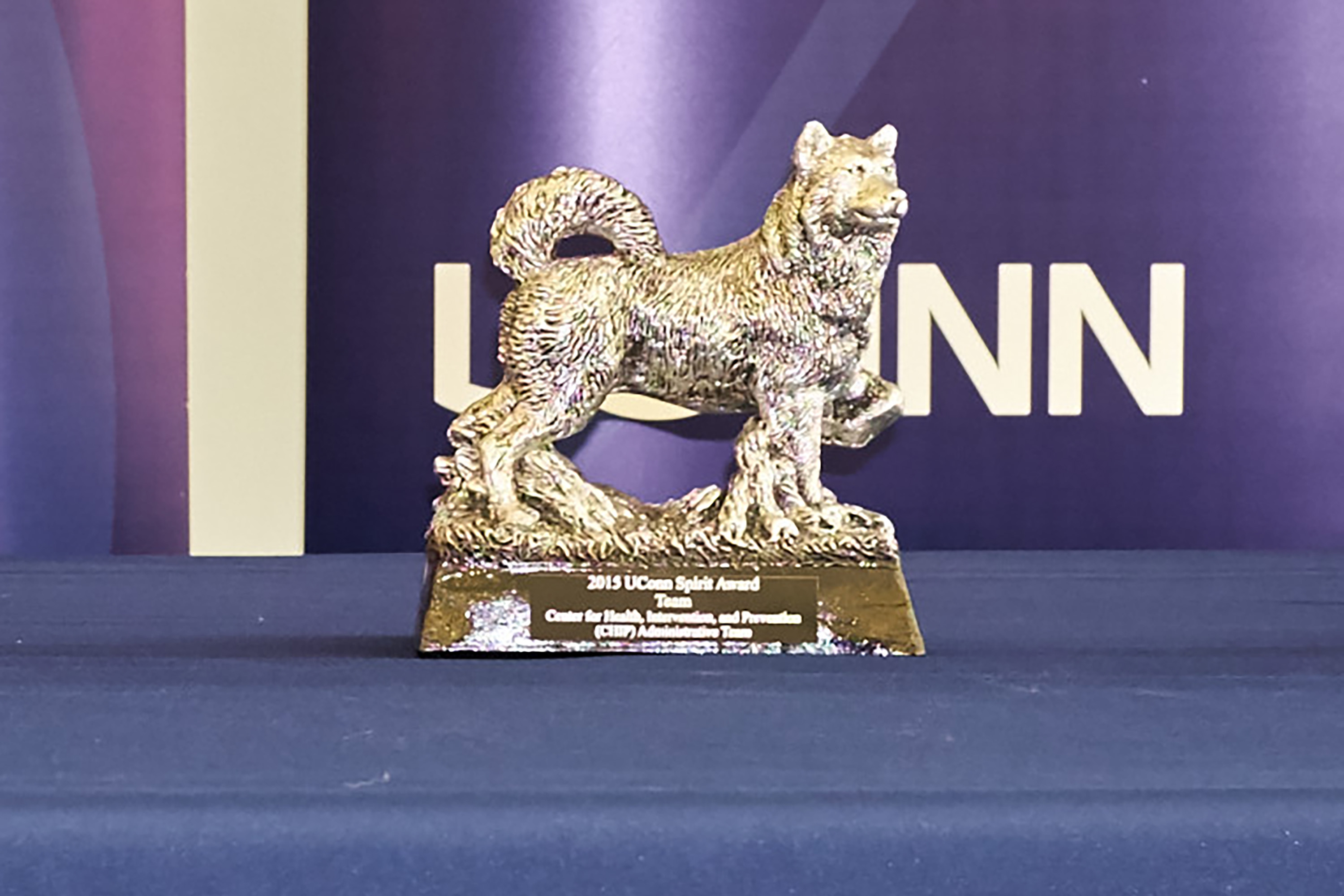
A year and a half ago, the University of Connecticut joined Universitas 21, a global network of 23 world-class research-intensive universities, the purpose of which is “to facilitate collaboration and cooperation between the member universities and to create opportunities for them on a scale that none of them would be able to achieve operating independently or through traditional bilateral alliances.” Since becoming a member, UConn has become deeply involved in Universitas 21 (U21), forging meaningful partnerships with almost every network institution and initiating several consortium-wide programs. Now is perhaps a good time to take stock of what our affiliation with U21 has yielded us. It’s too much to detail everything in one blog without going on too long, so allow me to focus this time on undergraduate education.
Arguably, the biggest benefit of U21 membership for UConn has been in the area of student exchange. For several years now, UConn has been establishing exchange agreements with top-notch research universities around the world. We had a great deal of success in this area, growing the number of agreements from just four in 2004 to more than 30 right before joining U21. Our interest in exchange was threefold. First, we aimed to provide students an affordable means to study abroad. Given that students pay only UConn tuition, the only additional cost of “going on exchange” was airfare. Secondly, exchange offered an indisputably academically rigorous study abroad experience at a time when many view study abroad as not much more than a vacation. And finally, exchange agreements can be used to leverage other academic linkages, specifically those affecting faculty.
Despite our success at establishing exchanges, we were running into some significant obstacles. There were many venerable institutions that politely denied our requests to forge agreements, usually with the excuse that “we already have too many American partners.” When our requests to partner were met positively, we then found ourselves given too few exchange spots to meet student demand. Here, our partners claimed that they were not certain there would be enough student interest in coming to UConn. Establishing exchange agreements posed a problem for us as well. While we were strongly promoting exchanges as both an inexpensive and academically worthwhile vehicle of study abroad, going on exchange generated a great deal of anxiety for many of our students, who feared that attending a foreign university would be too difficult both culturally – they might be the only American, or at least the only UConn student there – and academically – they wouldn’t be able to take courses in English or they would have to study too much. There has been a longstanding narrative about study abroad in the United States that it is more about “abroad” than “study;” the idea of going to a world-ranked university upset that.
Entrance into U21 has helped solve many of these problems. Just by becoming part of the U21 family, we began to be treated differently. Institutions in popular study abroad destinations that had given us just a few spots suddenly offered us almost unlimited access. In one case, the number of slots given us now actually exceeds demand – a wonderful problem to have. The U21 institutions that had hardly responded to our requests for partnerships suddenly welcomed us with open arms. Several U21 institutions even began giving our students special privileges, such as hard-to-get on-campus housing or access to courses that were not usually open to exchange students. By highlighting the quality of these institutions and our special relationship with them, as well as providing some financial incentives in the form of scholarships, more and more students have agreed to take the plunge. The proof is in the pudding. Since joining U21, we have established another 10 more exchange agreements. More importantly, the number of students studying for at least a semester at a foreign university on exchange has increased by more than 50 percent. Exchange played, in fact, a major role in last year’s significant growth in study abroad participation, something that could not have been imagined a few years ago. We still have a long way to go to filling all of our spots, but we are definitely headed in the right direction, thanks to U21.
U21 has also afforded our undergraduate students other special opportunities to engage the world. Each year, a different U21 institution holds an Undergraduate Research Conference, with students from all 23 institutions coming together to present papers or posters. Last year, UConn sent three students to the University of Melbourne, and this year we sent another three to Fudan University in Shanghai. It is, of course, wonderful that higher education in the U.S. is now endeavoring to provide more of our students with opportunities to work in laboratories and on research projects with faculty. It is truly something special when some of our most talented students can present their remarkable work on a global stage before their peers, and then, as icing on the cake, even have the opportunity to publish it in a conference proceedings journal organized by the only other U.S. member of U21, the University of Virginia. We look forward to sending another crop of students next year to Waseda University in Tokyo.
And that’s not it. This year, we sent our first cohort of students to U21’s Summer School, which was held at University College Dublin. The Summer School centers around a different theme each year, and this time it was on Conflict Resolution. Focusing on “The Troubles” in Northern Ireland, five fantastic UConn students spent approximately 10 days in Dublin and Northern Ireland listening to world-renowned lecturers, working on group projects, and meeting with some of the conflict’s major players at some of the most embattled areas. Planning is currently underway at the Tecnológico de Monterrey, Mexico, to hold next year’s summer school around the theme of Community Engagement; and our Human Rights Institute is currently organizing with the Office of Global Programs the 2013 Summer School on, yes, Human Rights.
And I haven’t even addressed the U21 Global Issues Programme that UConn is seriously considering participating in, let alone the large number of students coming from around the world, adding different perspectives to our classroom experiences.


